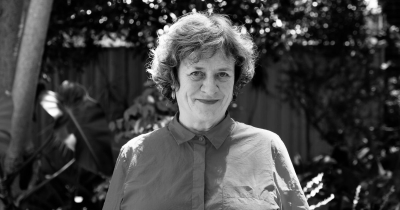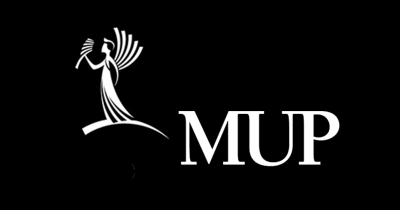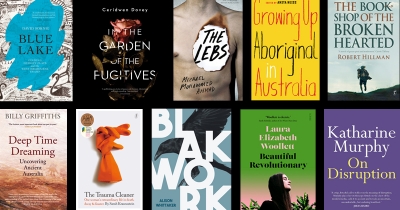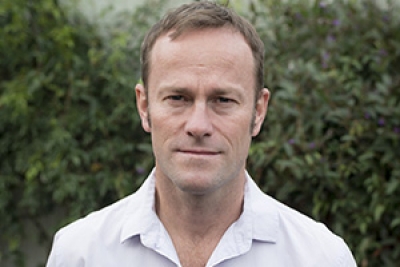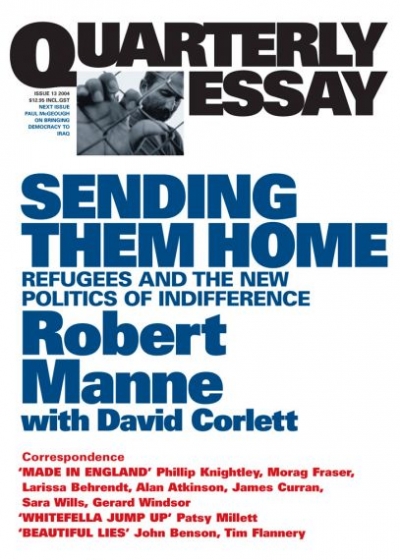Nathan Hollier
In November, Melbourne University Publishing will release the two-hundredth title in the second numbered series of its Miegunyah Press imprint. This is Doing Feminism: Women’s art and feminist criticism in Australia, compiled and edited by Anne Marsh, art historian and Professorial Research Fellow at the Victorian College of the Arts.
... (read more)Dear Chancellor French, I write this open letter to you to make certain points about the environment of university press publishing, in support of UWA Press and its Director, Professor Terri-ann White, and her team.
... (read more)Like many of us, I think of the book as the great vehicle for the sophisticated expression of our humanity. The world needs the book more than ever...
... (read more)To complement our ‘Books of the Year’ feature, which appeared in the December 2018 issue, we invited some senior publishers to nominate their favourite books of 2018 – all published by other companies.
... (read more)I am in publishing to make a positive difference to society, so when one feels that, with the author, we’re doing that, it’s gratifying. The greatest challenge is trying to explain why not all good books find the readership they deserve, despite marketing efforts and positive media and reviews. For some books, the time is not right.
... (read more)I’m fresh from Hannah Kent’s compelling, humane, and utterly convincing The Good People (Picador, 10/16). Kent completely inhabits her material. In this single nineteenth ...
... (read more)'Alpha and Omega' Nathan Hollier on the establishment of Monash University Publishing
On 8 September 2010, in the foyer of the Robert Blackwood Hall at Monash University, beneath the beautiful ‘Alpha and Omega’ stained-glass window created by Leonard French and connoting humankind’s endless striving for achievement, Monash University ePress became Monash University Publishing. It was very appropriate that the press should be launched by B ...

